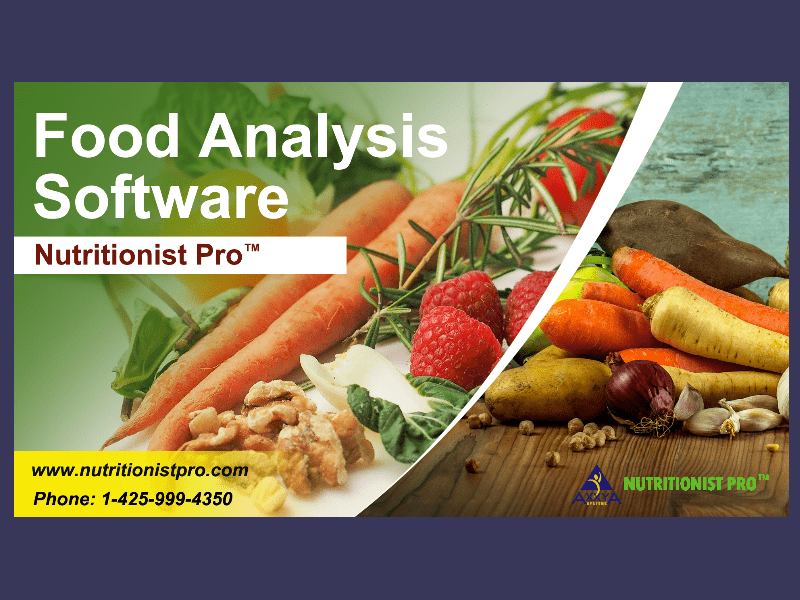Many popular food businesses started their journey from home kitchens. BonBon Collections is one of them born out of a home kitchen environment, which delights us with their desserts, cakes, ice cream, cupcakes, and other delicious vegan products that do not contain any of the priority allergens. Thao Nguyen of BonBon Collections began preparing gluten-free, priority allergens free, and vegan items carefully in a strictly home controlled environment. And, now she is a global brand.
Do you also want to start a food business? It’s now easier than before! It’s a great way for those who enjoy cooking or baking to combine a hobby with a career. However, like other businesses, a food business startup also needs a lot of research and planning. You will require permits, inspections, and marketing strategies among other things before making the first sale.
Some things to consider when starting a food business from home.
Who is your target market?
Decide what kind of food you want to sell and how or if you have a niche market in mind or if you have discovered an old family recipe you believe modern-day consumers would love. Understanding your target market will help you focus on your brand. It will influence how you market your food product and interact with your customers. For example, use a fantastic source of protein, if your audience is the fitness market, and make a range of food products for consumers who would be ready to buy them.
What will your unique selling point be?
Highlight the unique features of your food so that consumers can differentiate it from others. It will help consumers look for your product, be curious to know more about it, where it comes from, and love your product. Make a product design accordingly to help it sell as well.
How do you want to sell your food product?
There are several ways to sell food products, selling online is one of the easiest ones. Supplying of prepackaged food products to local or country-wide stores or overseas is a good idea, but for that, there has to be a supply chain strategy to manage and meet the market requirements.
Licenses and Permits
Running a food business requires a license and permits. Make sure that you are allowed to run a food business, that your cooking facilities or food preparation infrastructure pass all state food cleanliness requirements. Check with your state for more specifics.
Implementation of a Food Analysis Software
Consumers will opt-in more for your foods when they see the products have the requisite nutrients they want to consume. Accordingly, you have to mention all food nutritional values on the food labels, and you have to ensure the information is in strict compliance with food regulations of the region. Given this fact, many food businesses may think it’s an easy job creating a nutrition panel manually. But, when it comes to doing for a large volume of food production and distribution and staying regulatory compliant, the implementation of a food analysis software can be indispensable. A data-based food analysis software can automate the entire workflow of food nutritional value analysis, customization of food labels, and complying with the food regulations.
In Conclusion:
Starting a food business may seem an easy job to do when one has a plan for doing it in a small group only. But when you want to sell your food products to retailers, distributors, and stores nationally or internationally or distribute them through different channels, one of the many firsts on your priority list should be that every single food item may need a food label stating its nutrient facts in breakdown order. You can be legally bound to comply with the food regulations of the regions and a food analysis software like Nutritionist Pro™ can enable you to do so and stay compliant.
Learn details on how leveraging a food analysis software can help you out!
